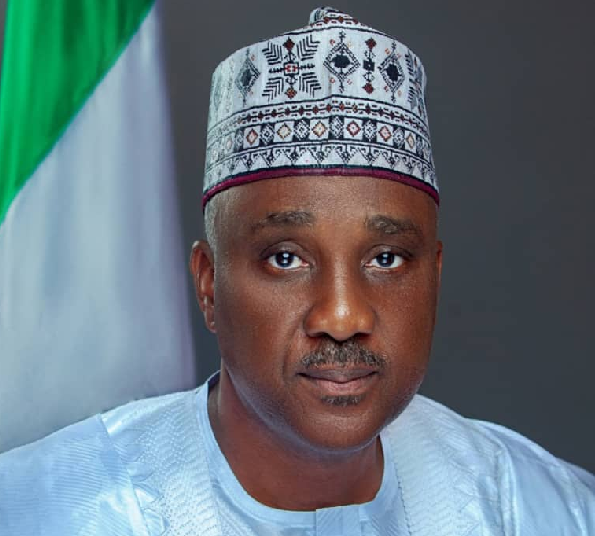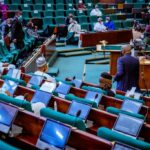The Speaker of the House of Representatives, Abbas Tajudeen, has proposed a constitutional amendment to reserve legislative seats for women and ensure their inclusion in joint tickets for executive roles.
Speaking at the international legislative dialogue on women and constitutional amendments in Abuja, Tajudeen highlighted the need for reforms promoting gender equity.
“I am proud to say this House prioritises inclusivity. I have directed the Constitutional Review Committee to focus on reforms that secure additional or reserved seats for women in our legislative bodies,” Tajudeen stated.
He further recommended that top executive positions, such as president and vice president, should feature joint tickets with male and female candidates.
- Oil and gas made Nigeria to neglect tourism – NBA-SBL Chair
- Deposition: Again, court rules in favour of former Emir of Gwandu
Additionally, he advocated for granting citizenship rights to foreigners married to Nigerian women, similar to the rights already extended to men married to Nigerian women.
Tajudeen expressed concern over the low representation of women in the National Assembly, noting that since 1999, only 20 out of 469 seats have been held by women.
“This stark gap speaks not of a lack of capable women but of institutional barriers we must dismantle. Increased women’s representation is not a threat; it complements men’s contributions, enriching policymaking. If we trust women to shape our homes and educate our children, we should trust them to help shape our nation,” he argued.
Tajudeen pointed to other African countries as examples, citing Rwanda, where women make up over 60% of parliament, and South Africa, Namibia and Senegal, which have also advanced gender inclusivity. “These countries show the impact of women’s perspectives on governance and development,” he said.
Noting that over 60% of Nigeria’s population is under 25, Tajudeen stressed the importance of youth engagement in decision-making.
He announced plans for a youth town hall to develop strategies for youth inclusion and leadership mentorship, adding, “These initiatives reflect our commitment to empowering young Nigerians, especially women, to actively shape and lead our nation’s future.”
Also speaking, Nigeria First Lady, Senator Oluremi Tinubu, who was represented by Kwara State First Lady, Professor Olufolake Abdulrazaq, lamented that Nigerian women still struggle to gain equal representation in politics.
“While some progress has been made, it is disheartening that only a few women were elected into the National Assembly. Women contribute significantly to the electoral process, yet their participation in governance is curtailed by policies that disadvantage them,” she said.
Senator Remi Tinubu highlighted the slow progress in creating sustainable pathways for women’s participation in leadership.
She urged the adoption of gender-responsive policies to support women and address socio-cultural barriers hindering national growth.
The Deputy Speaker, Benjamin Okezie Kalu, who also chairs the House Committee on Constitution Amendment, stressed the urgency of tackling gender imbalances.
He referenced data from the 2023 elections, noting that out of 15,307 candidates fielded by 18 political parties, only 1,552 were women.
Kalu underscored that integrating women into decision-making roles is a strategic imperative, not merely an issue of equity, and urged for continued efforts to make Nigerian democracy more inclusive.

 Join Daily Trust WhatsApp Community For Quick Access To News and Happenings Around You.
Join Daily Trust WhatsApp Community For Quick Access To News and Happenings Around You.


